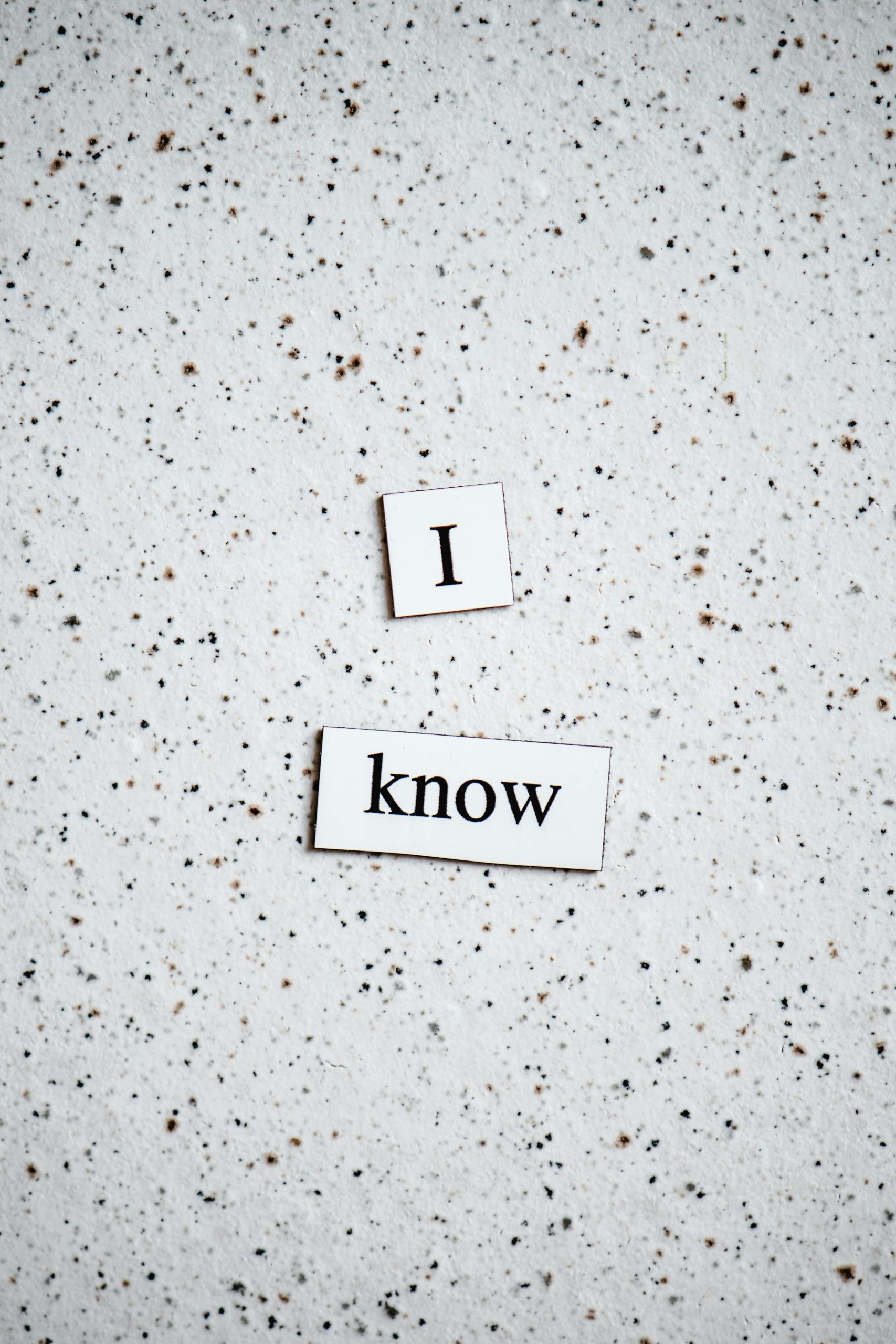How to Address Hair Loss Caused by UK Shower Water?
I recently relocated to London two months ago, and I’ve noticed a dramatic shift in my hair’s texture—from straight to curly—and it’s been falling out in clumps. I’ve talked to friends who’ve experienced similar issues after their moves to the city, but none of us have figured out a solution.
The amount of hair shedding is alarming; I wake up to find my pillow covered in hair and my comb filled with it after just one brushing session. I’m convinced that the water quality in the shower might be contributing to this problem, but what steps can I take to remedy the situation?
Update: I should mention that I’ve gone back home for a bit to assist with a family matter, and in just two weeks, I’ve noticed a significant reduction in hair loss. This leads me to believe that the issue is indeed related to the water in London.


I’m sorry to hear about your hair loss—it can be incredibly frustrating and concerning. Many people do experience changes in their hair when moving to new locations, and in London, the hard water is often a culprit. Here are a few steps you can take to help mitigate the effects of the water on your hair:
Consider a Water Softener: Installing a showerhead filter or a whole-house water softener can help to reduce the hardness of the water. These filters can remove minerals like calcium and magnesium that contribute to hair damage.
Use a Clarifying Shampoo: A clarifying shampoo can help remove mineral buildup from hard water. However, be cautious not to use it too often, as it can strip your hair of its natural oils. Once a week may be sufficient.
Deep Conditioning Treatments: Regular deep conditioning can help restore moisture and improve the texture of your hair. Look for products that are rich in oils and proteins.
Leave-In Conditioners and Serums: Using leave-in treatments can provide additional moisture and protection from hard water damage. Look for products that address frizz and enhance curl definition if your texture has changed.
Rinse with Filtered Water: If you can, try to rinse your hair with bottled or filtered water after washing it in the shower. This can help to remove residual minerals from hard water.
Avoid Heat Styling: Try to reduce the use of heat styling tools, as they can exacerbate the damage from hard water.
Drink Plenty of Water and Maintain a Healthy Diet: Staying hydrated and eating a balanced diet rich in vitamins and minerals can support overall hair health.
Consult a Professional: If the problem persists, it might be worth seeing a dermatologist or a trichologist who specializes in hair and scalp health. They can provide personalized advice and treatment options.
Remember, it’s essential to be patient as you try different remedies, as it may take some time to see improvement. I hope you find these suggestions helpful!